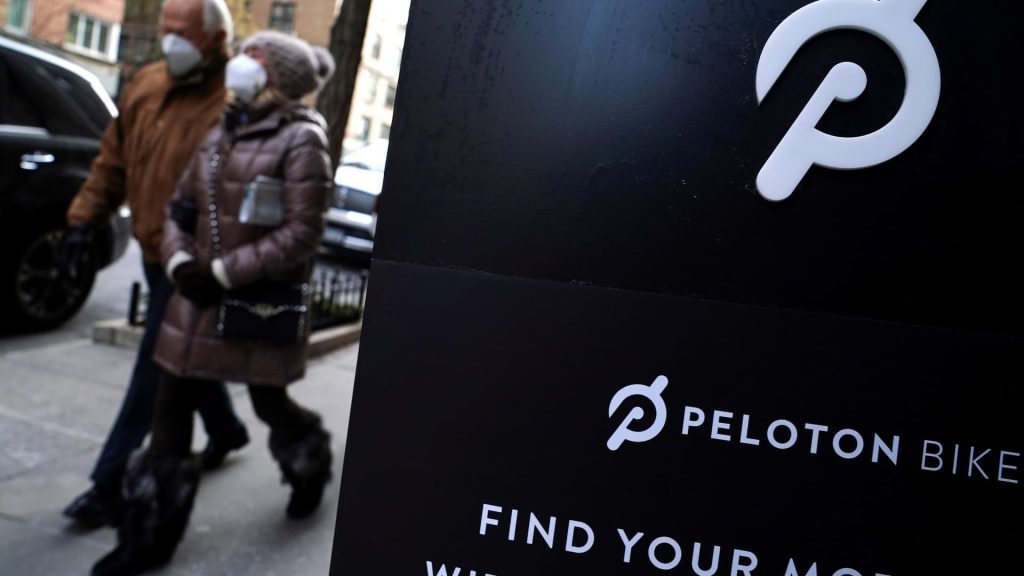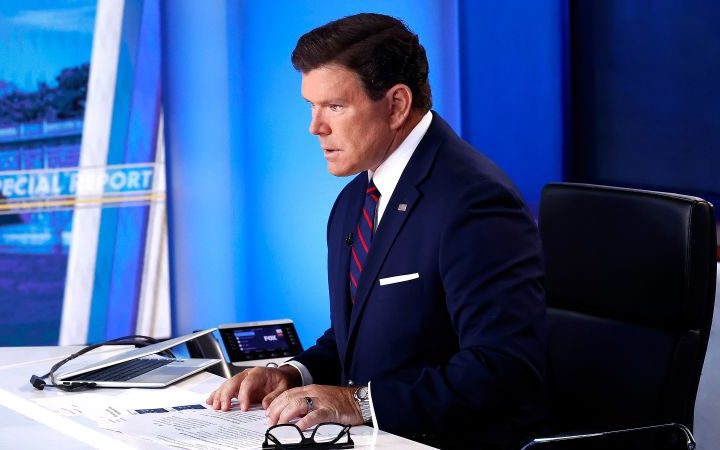Taylor Swift didn’t endorse former President Donald Trump last weekend. Ryan Reynolds wasn’t photographed wearing a pro-Kamala Harris shirt. And the Communist Party USA never backed President Joe Biden’s now-defunct campaign.
But these false claims about the 2024 campaign, and dozens of other posts with similar fake endorsements, have exploded on social media in the run up to the election, according to researchers at the News Literacy Project, a nonpartisan education group that launched a new database Thursday chronicling more than 550 unique instances of election-related misinformation.
The latest and most visible example these bogus claims emerged Sunday, when Trump shared a post on his Truth Social platform containing images created with the use of artificial intelligence that suggested a groundswell of support from Swift fans calling themselves “Swifties for Trump.” In response to the implied endorsement from the pop icon, Trump wrote, “I accept!”
Swift, who previously assailed Trump as “stoking the fires of white supremacy and racism” during his presidency, endorsed Joe Biden in 2020 but has not yet backed a presidential candidate in the 2024 race.
While one image in the collage posted by Trump, showing Swift in an “Uncle Sam” outfit, was obviously doctored, another showing a young woman at a rally appeared to be authentic.
The other images purporting to show large groups of smiling fans celebrating Trump contained some of the hallmarks of AI-generated images, according to Lucas Hansen, co-founder of CivAI, a nonprofit that raises awareness about the growing capabilities and dangers of AI.
Those images appeared “super airbrushed, have high-camera quality” and “everyone is really good-looking,” Hansen said. The images make use of “heavy bokeh and background blurring,” common traits of AI-generated images, he said.
The News Literacy Project says it launched its misinformation dashboard Thursday to raise awareness of viral falsehoods that it believes poses an “existential threat to democracy” and are best examined through bulk analysis of hundreds of examples, instead of individual fact-checks.
The database, which will be regularly updated, tracks several categories of political disinformation – conspiracy theories, lies about candidates’ policy views and fake endorsements – but the group isn’t measuring how many times these viral posts are shared.
Roughly 1 in 10 viral posts analyzed by the News Literacy Project contained fake endorsements, according to data provided exclusively to CNN. Those posts described supposed endorsements — or alternatively, public snubs — from celebrities including NFL quarterback Aaron Rodgers, actor Morgan Freeman, musician Bruce Springsteen, and political figures like former First Lady Michelle Obama.
The posts invoking these four figures racked up at least 10 million views, the database showed.
At times, researchers found separate posts circulating on social media simultaneously claiming the same celebrity had endorsed and denounced a candidate, underscoring the chaotic and misleading environment users are encountering.
“As a general rule, if you see a celebrity wearing a T-shirt with an explicitly political message, there’s a good chance it’s fake,” said Dan Evon, a senior manager at the News Literacy Project.
The fake endorsements proliferating on social media come as technology platforms dismantle guardrails and moderation policies designed to reduce the spread of dangerous misinformation.
These changes have been most acute on X, formerly known as Twitter, after billionaire Elon Musk purchased the company and gutted in-house teams that worked to stop the spread of election disinformation, and restored the banned accounts of prominent conspiracy theorists and extremists.
Experts say the problem has been exacerbated by X’s AI-powered chatbot, Grok, which has already drawn the ire of election officials for spreading false information about Harris’ eligibility in the 2024 election. Last week, X began allowing users to use Grok to create AI-generated images from text prompts, unleashing a flood of fake content about Trump and Harris.
“Going forward, Grok is likely to be one of the main sources of these sorts of images because it generates high-quality images, is easily available, and was intentionally made to have a low refusal rate,” Hansen said, adding that he was able to use Grok to create images of “Swifties for Trump” that closely resemble the ones Trump shared.
X did not respond to requests for comment on the creation of misleading images involving political candidates.
Meta, which owns Facebook and Instagram, has also cut some staff from its election integrity teams, CNN previously reported. The social media giant said last year that “no tech company does more or invests more to protect elections,” and announced that it would require political advertisers to disclose if they used AI to create or alter any images.
But even as some online platforms scramble to label AI-generated images, and fact-checkers debunk the latest viral lies, the deluge of made-up material can have an impact.
“If you repeatedly see these falsehoods that exaggerate a candidate’s popularity, it can still stick, even if you know it’s not legitimate as you scroll past it in your feed,” Peter Adams, the News Literacy Project’s senior vice president for research, told CNN.
While the release of publicly available AI tools has made it easier to create misleading claims, including many of the fake endorsements identified by the News Literacy Project, other bogus images circulating on social media made use of rudimentary photoshopping.
The use of AI to concoct political disinformation has been “not quite as prevalent and pernicious as people had initially feared,” Adams said, adding that traditional methods of doctoring images and videos remain, for now, “much cheaper but just as effective.”
Read the full article here






